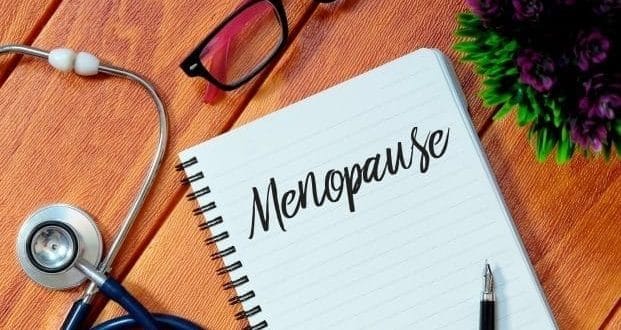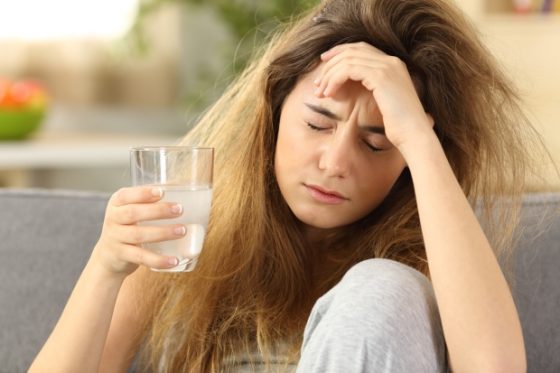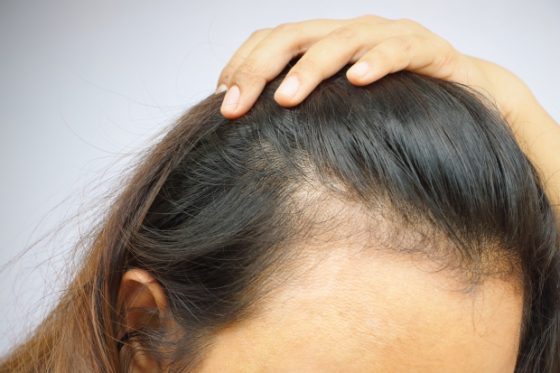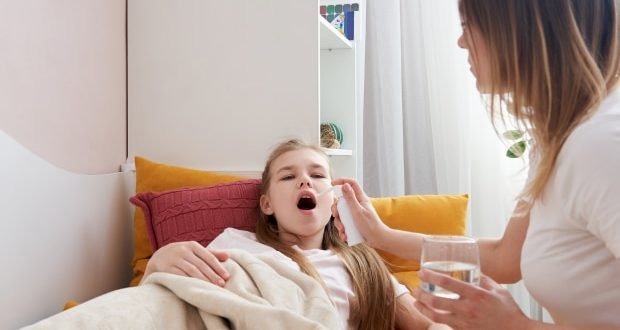Eight Menopause Symptoms Nobody Tells You About
As time goes on, women might become concerned with the onset of menopause, and understandably so. Most commonly starting in women during their 40s and 50s, menopause is the time in a woman’s life when the production of reproductive hormones begins to decrease.
There are some common symptoms ranging from vaginal dryness to the start of irregular periods. However, there are some others that are not often discussed. For any woman concerned about catching the earliest signs of menopause, here are some menopause symptoms nobody tells you about.
Dry Skin
While vaginal dryness is one of the more well-known symptoms of menopause, the dryness can move onto the whole body. Some of the earliest signs women will catch are dry eyes, dry skin, dry hair, and brittle nails.
Be aware of any subtle changes to your skin, as it’s better to catch it earlier on before it progresses. Buy a quality moisturizer to keep your skin feeling enriched.
Muscle Cramps
Due to the lessening production of common feminine hormones, the body will enter into a stage of hormonal imbalance—one which brings about symptoms of discomfort and cumbersomeness. Severe muscle cramps will often become normal during the early stages of menopause, with the body attempting to recalibrate itself in an uncomfortable way.
Deep tissue massages, heating pads, and pain relievers are often recommended to those first struggling with the pain of incessant muscle cramps. For some people, adding a B-complex or calcium supplement to their diets can help to alleviate some symptoms, too.
Hot Flashes
Hot flashes are commonly known reactions of menopause, but their frequency is something not talked about enough. While they might vary in duration and frequency, many women find they have them daily when they first appear—causing discomfort just reading about them.
Symptoms of hot flashes will differ, from woman to woman. However, it’s worth knowing it is a common symptom that can leave you feeling aggravated and unsettled. Consider balancing out your diet, ceasing consumption of alcohol and tobacco, and exercising daily to help relieve the severity of common hot flashes.
Physical Fatigue
A change in hormonal balance will often lead to some unfortunate physical side effects, too. For most women, the body will struggle with daily hot flashes and feelings of physical instability and discomfort.
Others might feel a general increase in physical fatigue. The fatigue can be due to getting a poor night rest, hot flashes or anxiety-induced insomnia. Physical fatigue can be an overall strain, leaving you feeling defeated as the day goes on.
Consider talking to your primary care physician if you are in need of a remedy. Seeing a sleep specialist or making some modifications to your daily schedule, setting aside time for a nap or including a few walks in your day can relieve some menopause symptoms.
Hair Loss
Along with hair dryness and fingernail brittleness, many women also face hair issues as menopause symptoms. Internal hormonal changes will trigger hair to undergo the stress of its own, leading to thinning, fraying, and hair loss.
Some signs to look out for include seeing more hair collecting in your shower drain, clogging your hairbrush, or clinging to your pillow upon waking each morning. Simple lifestyle changes can go a long way toward helping and remediating any changes to hair health, from eating a balanced diet to relying on herbal supplements and remedies.
If thinning and hair loss is drastic, low-level laser therapy (LLLT) treatments can be used, such as hair regrowth caps. Designed specifically for people struggling with androgenetic alopecia (genetic patterned hair loss), laser hair regrowth caps can also prove beneficial for women undergoing sudden hair thinning.
Increased Anxiety
With hormonal imbalances come mental fluctuations, often leading to what some might call mood swings. The most common mental influence to come from menopause is an increase in feelings of anxiety.
Such symptoms can be worrisome for some women, especially those who have struggled with mood disorders in the past. However, it is worth noting some foresight can go a long way.
Holistic approaches are the best way to go when it comes to handling slight mood disorders when they first appear. Balancing your diet, getting more sleep each night, exercising more regularly to finding a daily stress reliever such as meditating can improve mental health.
Decreased Bone Density
Some symptoms might not be as noticeable as others. One of these is the effect menopause has on bone density. Hormonal changes can lead to bone density decreasing over the course of menopause, which can lead to bone fractures and further injuries.
To avoid such effects, you should regularly meet with your primary care physician to look over your diet and overall health. He or she can make modifications to increase your supplement intake.
For preventative measures, it might be in your best interest to take daily calcium and vitamin D supplement to protect your skeletal system over the long term.
Change in Sex Drive
As mentioned earlier, vaginal dryness is a common menopause symptom. For women experiencing regular vaginal dryness, this can lead to sex becoming both uncomfortable and unpleasurable.
Many women not experiencing vaginal dryness, also experience decreased libido due to hormonal changes. However, some women might experience something different altogether, seeing their sex drive increase over the course of menopause.
It all depends on the woman, but it is important to keep an eye on how you’re feeling sexually. If you’re finding sex uncomfortable or uninteresting, sit down with your partner and talk to them about the side effects you are struggling with.
If you’ve found your sex drive has increased, let your partner also know. When it comes to sex, the most important thing to do is to be open with your partner, stating your needs, what you want, and where your line of comfort and consent is.
Menopause and its symptoms can have an overall effect on your life, but it doesn’t have to slow you down. Take the time to explore what symptoms you might be undergoing and how you can best remedy them.
A UTI is diagnosed as either simple or complicated, with most simple cases being found in women and most complicated cases being in men and children. Here’s all you need to know about Urinary Tract Infection.









